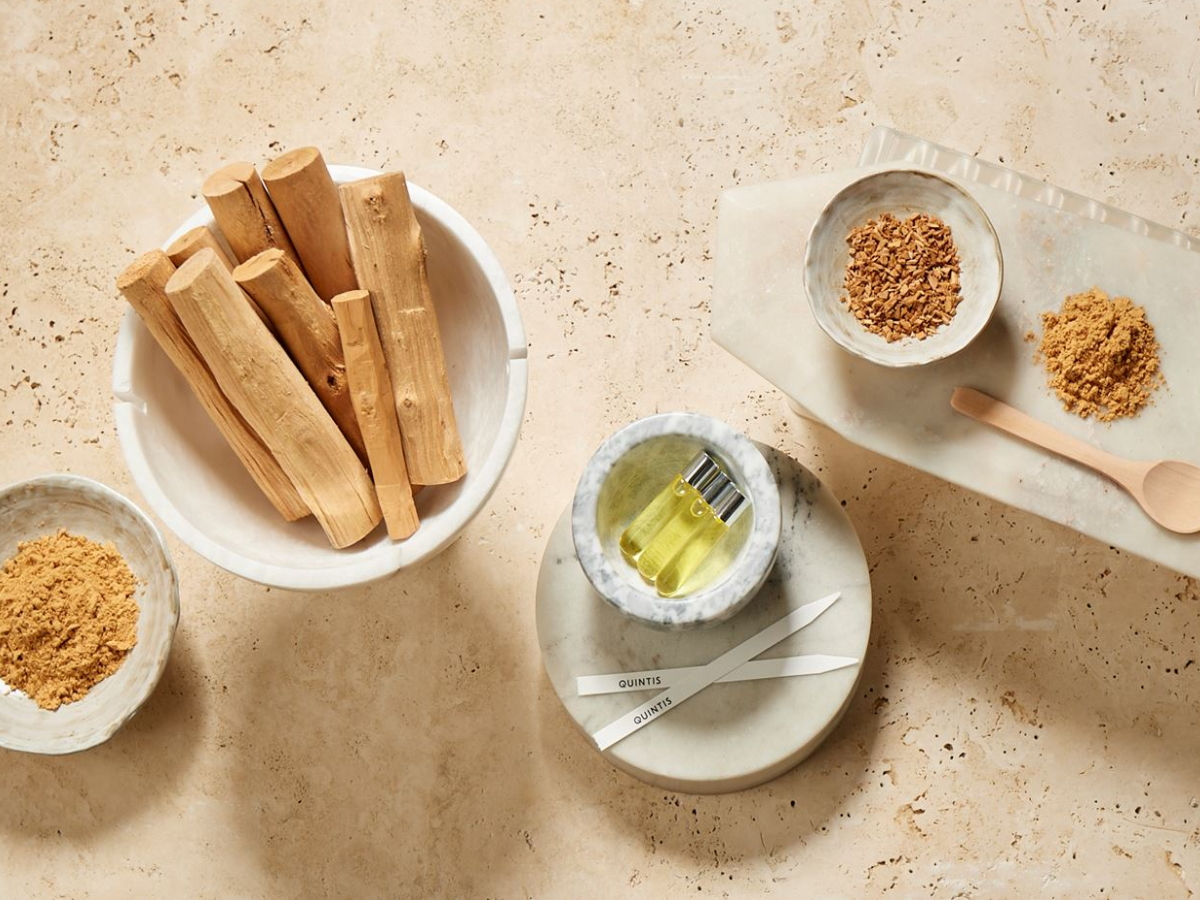Mat Regan, Head of Production and Supply Chain, Quintis Sandalwood
As demand for transparency within companies’ sustainability position and consumer awareness of product quality continues to grow, formulators are increasingly seeking raw products from suppliers who are transparent about their production practices while also being able to offer full traceability with their ingredients.
Beauty, personal care, and wellness brands want to send the right messages to their consumers through sustainable ingredients with the comfort of knowing they are purchasing it from an ethical and reputable source that guarantees the reliability of supply.
In addition, companies are choosing to formulate with raw ingredients that have reduced interference from chemicals as consumer concern about synthetic chemicals in their personal care products continues to rise. More than ever, conscious consumers are making purchasing decisions based on their core values and want the brands that they purchase from to have a positive environmental and social impact.
Formulators and producers are recognising that consumers are learning more and more about the benefits of certain natural ingredients and are investing in researching these benefits for the consumer.
An example of this is a study commissioned by Quintis, a global leader in the supply of Indian sandalwood, to explore the efficacy of Indian sandalwood oil when topically applied to the skin, and the results proved that it is a more powerful antioxidant than powerhouse vitamin E, making it a great addition to be considered in skincare products.
Indian sandalwood, or Santal album, is native and historically cultivated in the tropical regions of India. However, the mismanagement and exploitation in the form of over-harvesting and illegal poaching of the species in its native lands resulted in the species being given vulnerable status in 1998 by the International Union for Conservation.
Recognising that problem, Quintis sourced seeds from India and planted the first Indian sandalwood seeds in northern Western Australia in 1999 and now own and manage one of the largest Indian sandalwood estates in the world. Our plantations span over 12,000 hectares and are home to more than 5.5 million trees, ensuring a renewable and reliable supply of pure Indian sandalwood for decades to come.
With both the formulator and end consumer in mind and recognising that consumers want to be key players in their own health and wellness, our trees are grown without hormones or artificial stimulants, ensuring 100% natural products.
However, with deforestation and quality issues having impacted the industry for years, we also understand that responsible sourcing, traceability, transparency, and sustainability of this species is now more important than ever to meet customer, consumer, and environmental needs and expectations.
Full traceability and transparency practices reflected throughout the supply chain have never been more important to producers and consumers alike. At Quintis our vertically integrated process guarantees complete traceability; each product supplied is able to be traced back to the trees within a harvest area of a plantation, thanks to a unique job number being allocated at harvest.
Trees are harvested based on a job number and are carefully evaluated and marked out by our quality assurance team. The harvested wood is then stored per job number and manufacturing logs are assigned individual log numbers. Our rich, oil-bearing heartwood is sent to our primary processing centre in Kununurra where a product batch number is created and linked to a job number. From there the wood is transported to the processing and distillation facility in Albany where our oil is distilled, and product undergoes all quality and supply assurance checks.
Owning and managing the whole process – from harvesting the seeds to distilling the oil – gives us full control over the quality, traceability, and supply, meaning we are able to give our customers absolute and verifiable traceability and certainty about the source, manufacturing, growing practices and social impact of each ingredient.
Ingredient traceability is paving the way for the future of clean beauty, and there is an opportunity for both suppliers and formulators to build stronger relationships with their consumers by providing full visibility into every layer of the production cycle.
Quintis’s guarantee of a fully traceable chain of custody means that the final product can be traced back to harvest areas within the plantations, allowing the same traceability outcomes as a lab-controlled environment.
Read the current issue of our digital magazine below:
- For more news and updates, subscribe to our weekly newsletter
- Follow us on Instagram
- Like us on Facebook
- Connect with us on LinkedIn

